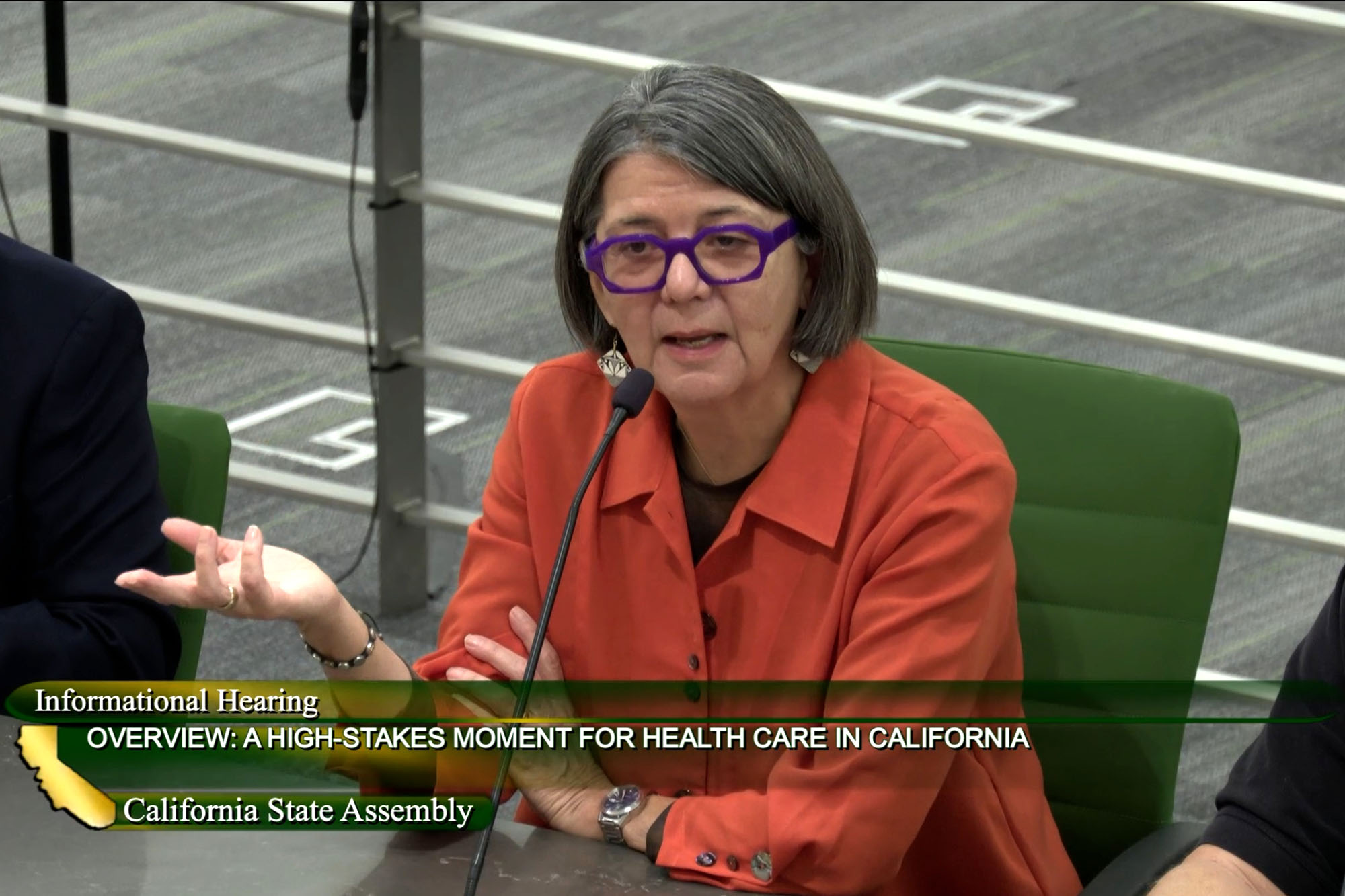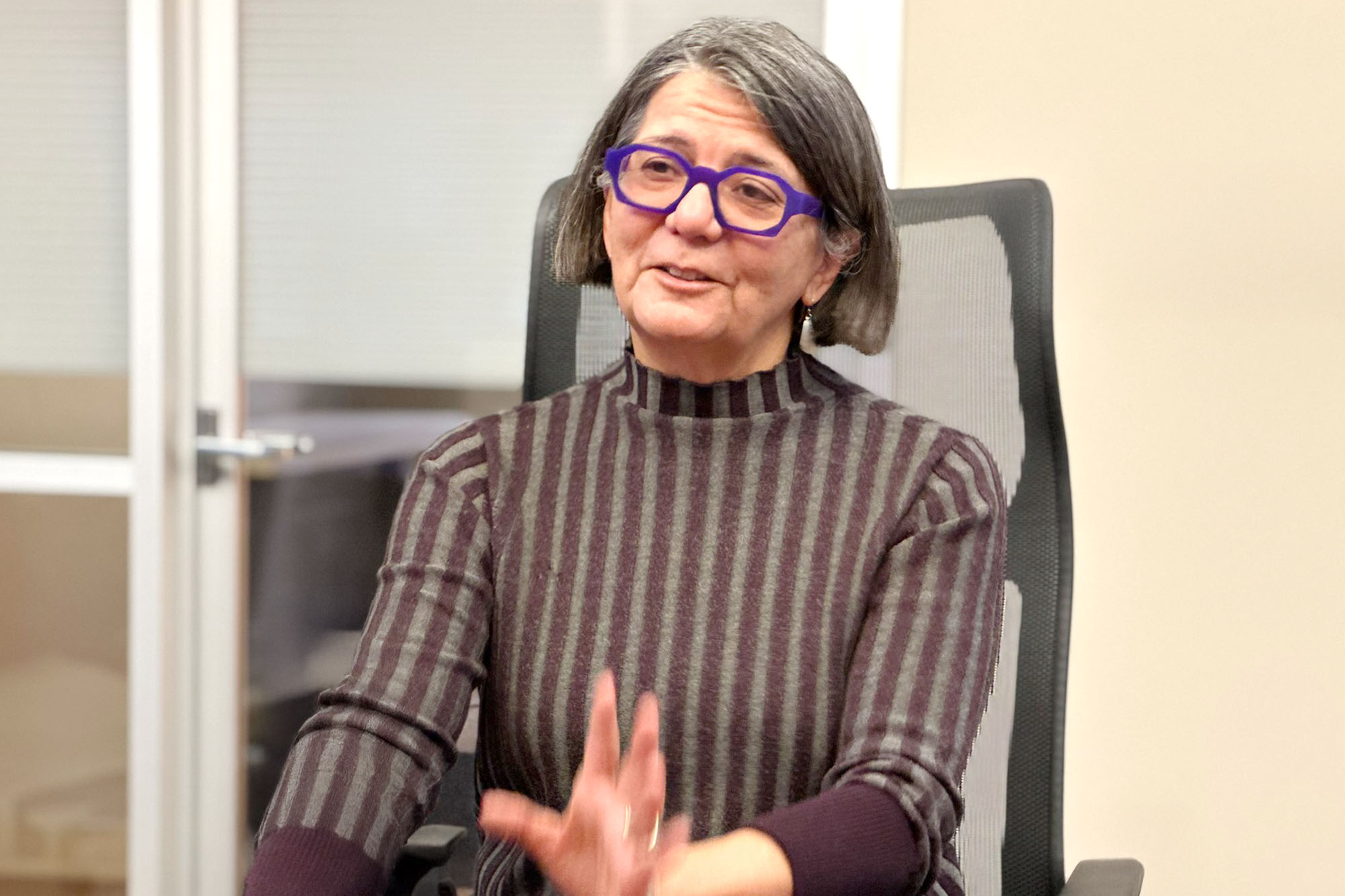View the Report
Jump to All Downloads & LinksThe average physician receives 10 to 25 prescription refill requests per day, contributing to the growing administrative burden placed on doctors. This reduces time with patients and can cause burnout — especially in a safety net comprised of understaffed, resource-constrained institutions. In the post-Medicaid expansion era, safety-net providers could alleviate this burden, expand capacity, and make care more timely and efficient by using automated tools.
Healthfinch, a Madison, Wisconsin-based technology company and CHCF Innovation Fund investee, designed a practice automation platform — “Charlie” — to make each refill faster and easier and to delegate elements of the process to other clinical staff. CHCF engaged Seth Emont, an independent evaluation consultant, to evaluate the effectiveness of Charlie in safety-net settings. The evaluation took place at two Federally Qualified Health Centers, Alliance Medical Center in Sonoma County and QueensCare Health Centers in Los Angeles County. About two-thirds of their patient populations are Medi-Cal beneficiaries, and each center uses a cloud-based version of the Epic electronic health record (EHR) system supported and hosted by OCHIN, a non-profit health IT provider.
Both health centers saw positive changes, including more refills completed the same day, a larger share of refills filled by nonphysicians, and more provider hours saved by delegation of tasks. Both also experienced high provider and staff satisfaction with Charlie, successful implementation of both medication protocols and standardized workflows, and better refill authorization decisions.
Authors & Contributors

Seth Emont
Seth Emont is a research and evaluation consultant and principal of White Mountain Research Associates in Walpole, New Hampshire. With over 30 years of experience in the field, Seth has led evaluation efforts that span across innovation in health and health care delivery, clinical quality improvement, social networks, human capital, self-management support, patient- and family-centered care, advocacy and policy change, community health, childhood obesity, end-of-life care, tobacco control, substance use, and eHealth.
Previously, Seth was a senior program officer in the research & evaluation division of the Robert Wood Johnson Foundation in Princeton, New Jersey. He received a PhD in epidemiology from the State University of New York at Buffalo, a master’s degree in psychology from Bucknell University, and a bachelor’s degree in natural sciences from Michigan State University.





